#Timothy Bateson
Photo

LABYRINTH 1986
I ask for so little. Just fear me, love me, do as I say, and I will be your slave.
#labyrinth#1986#david bowie#jennifer connelly#toby froud#christopher malcolm#shelley thompson#michael moschen#brian henson#ron mueck#dave goelz#david shaughnessy#karen prell#timothy bateson#david healy#robert beatty#michael hordern#denise bryer
144 notes
·
View notes
Text
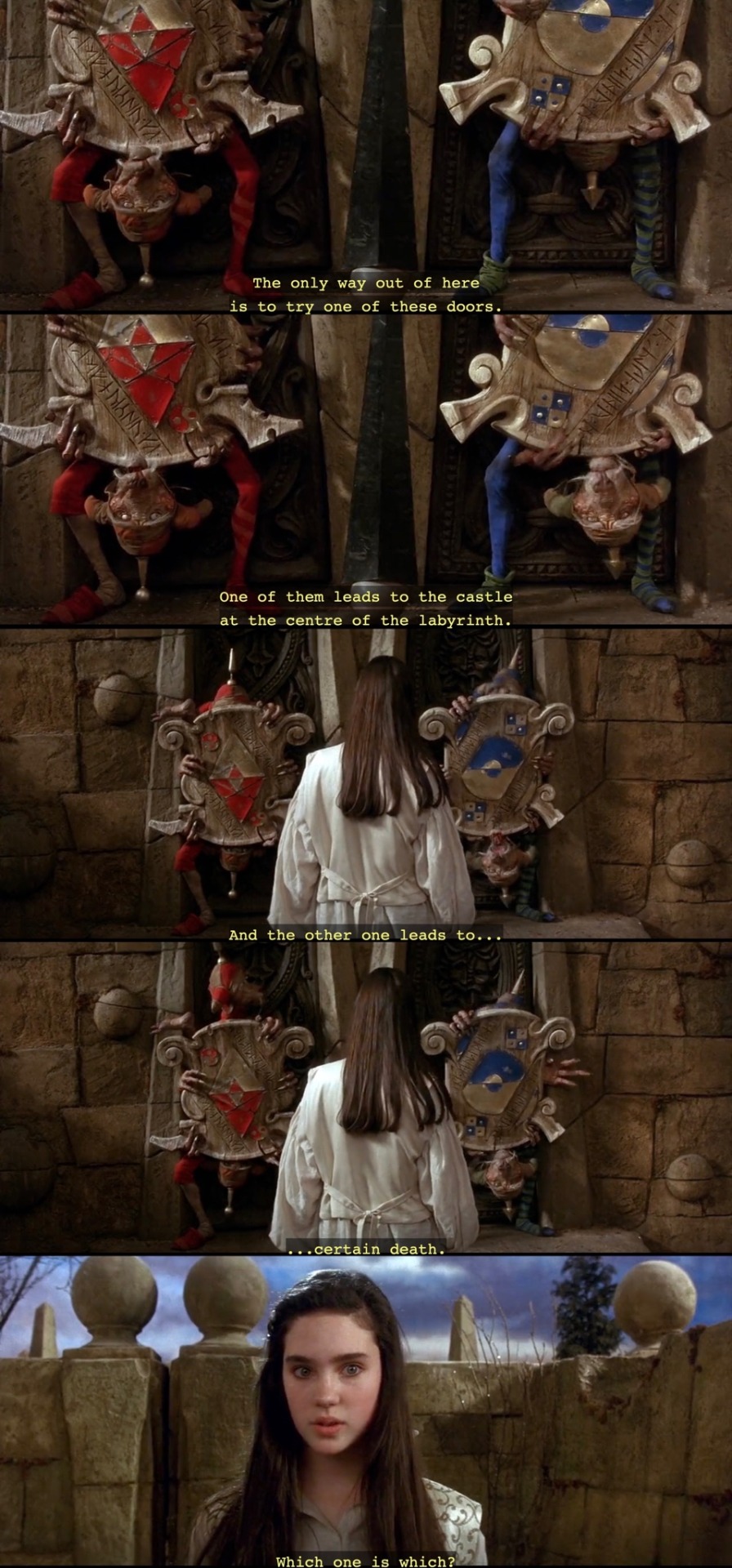
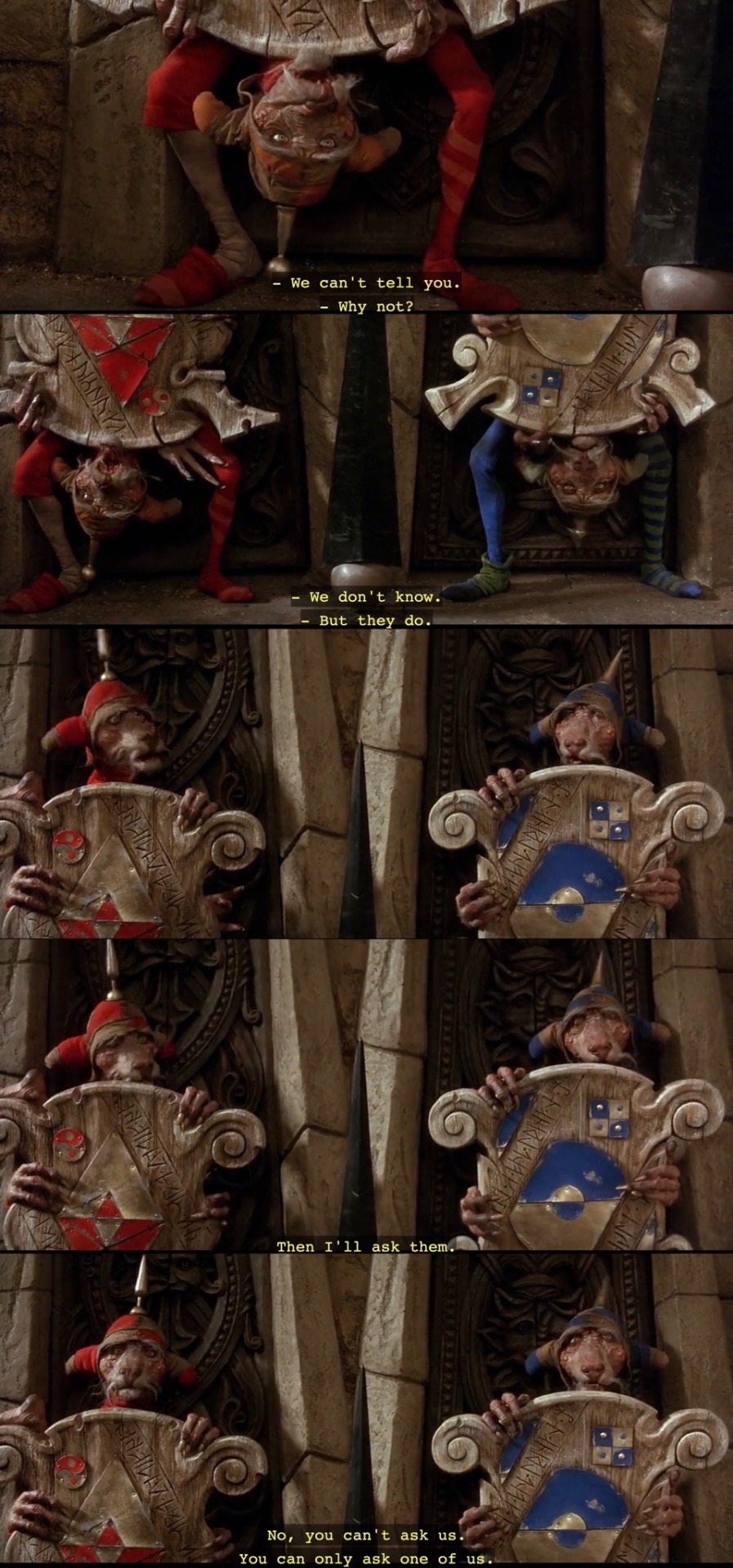
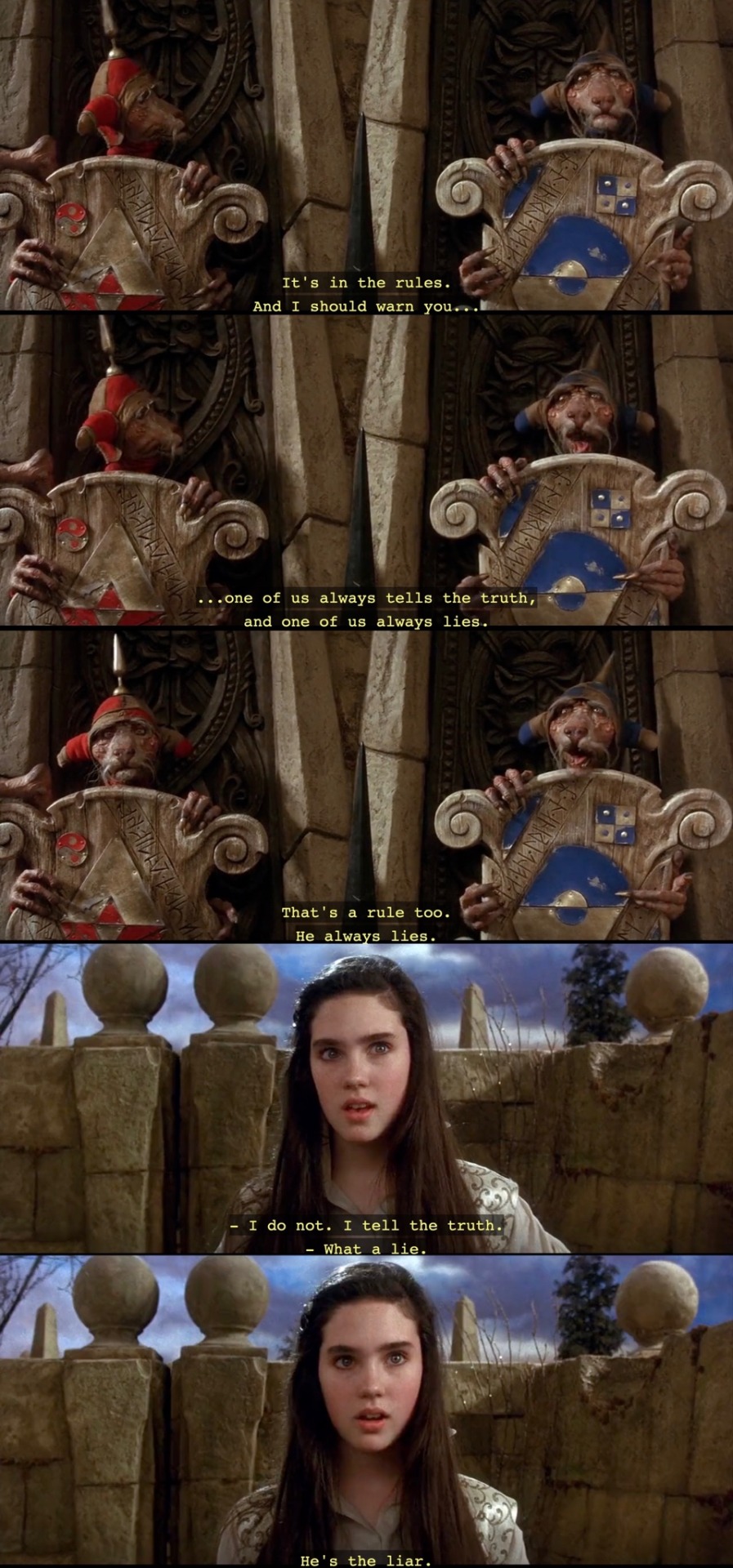
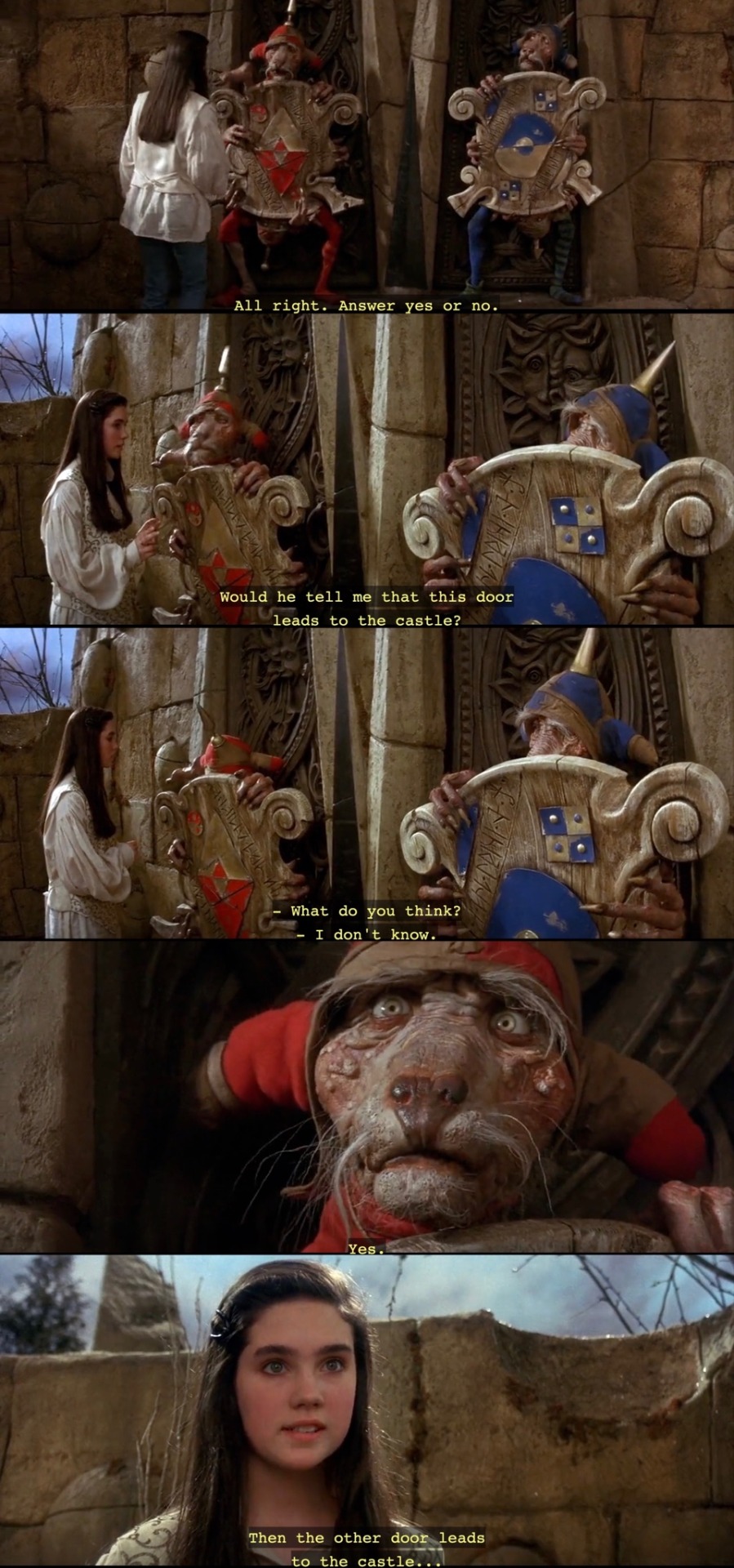

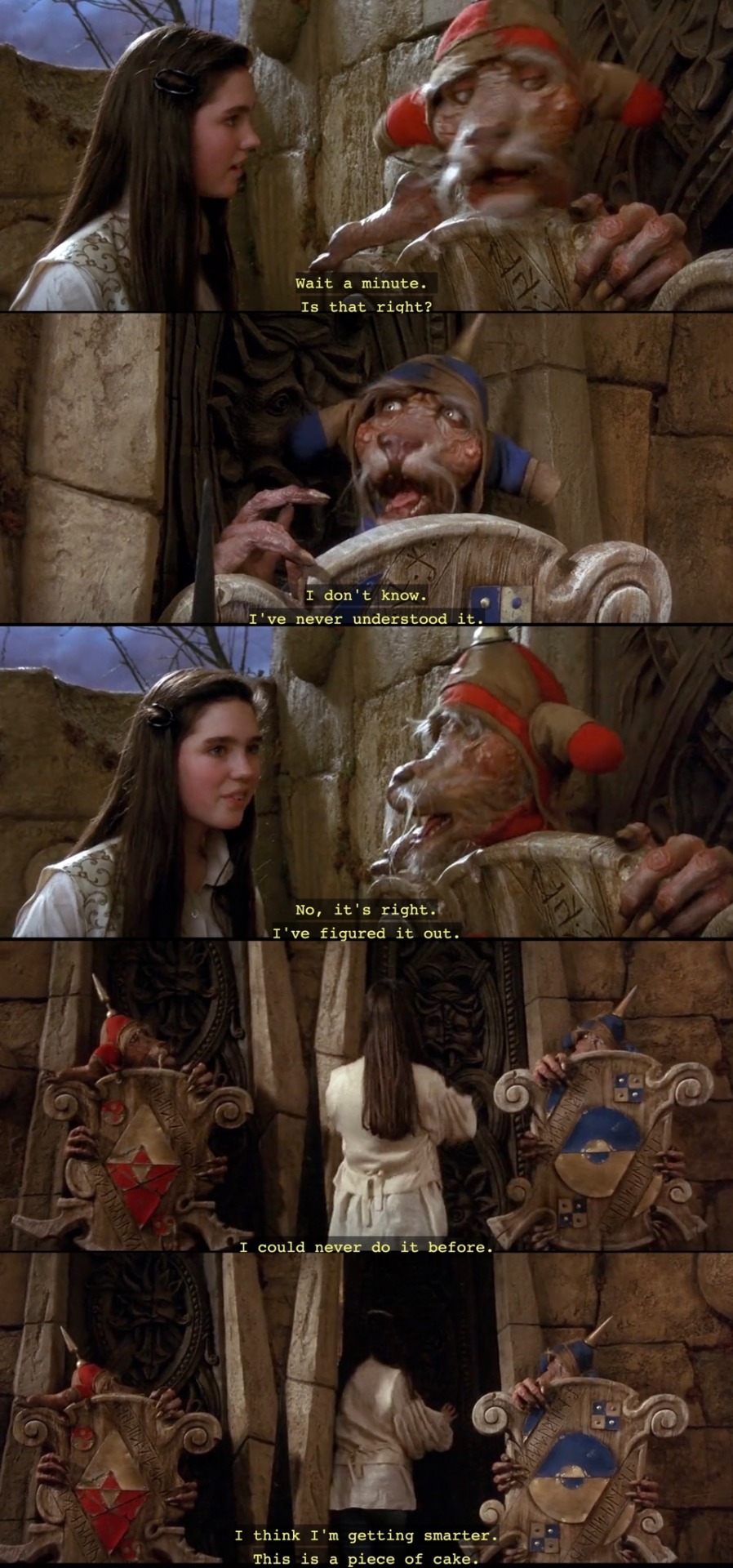
Labyrinth - 1986
#labyrinth#1986#david bowie#sarah williams#jennifer connelly#the four guards#anthony asbury#david shaughnessy#kevin clash#truth#lies#steve whitmire#dave goelz#anthony jackson#timothy bateson#douglas blackwell
19 notes
·
View notes
Text
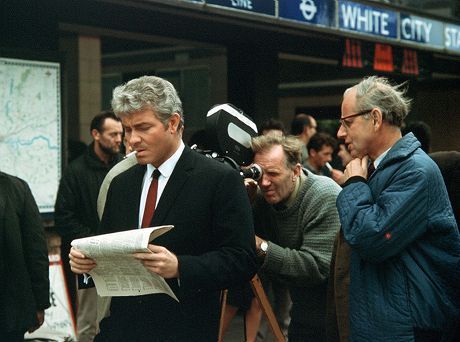
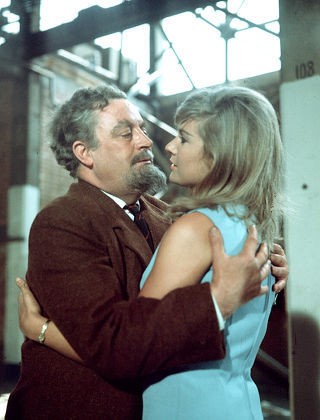


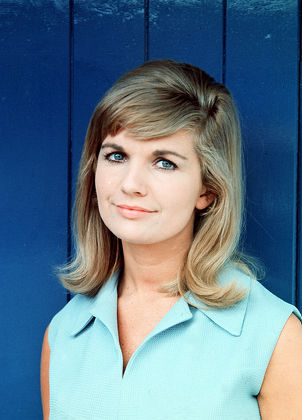
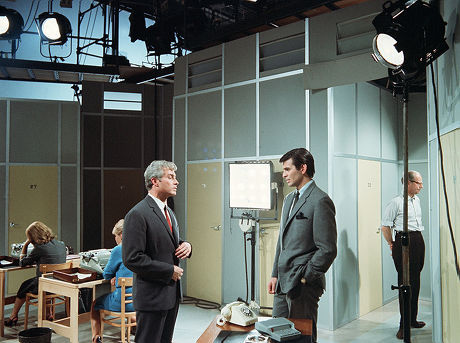
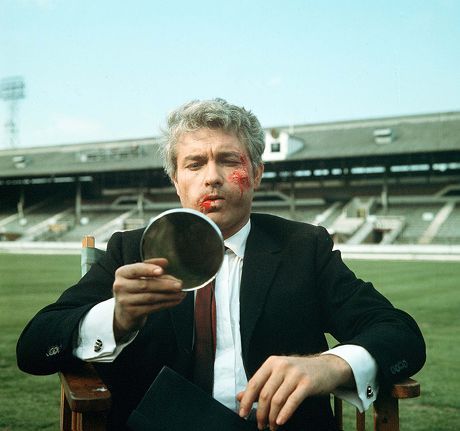
Man in a Suitcase: Man from the Dead (1.6, ITC, 1967)
"Mac, don't go."
"I have to. I have to, I just... have to."
"Where're you going?"
"To Southampton. I gotta get my suitcase and my car."
"Are they so important?"
"Yes ma'am. They're all I own."
#man in a suitcase#man from the dead#blood tw#itc#1967#stanley r. greenberg#pat jackson#richard bradford#john barrie#angela browne#stuart damon#lionel murton#timothy bateson#fabia drake#dandy nichols#david nettheim#gerry wain#arthur howell#clifford earl#fred haggerty#i was absolutely certain this episode was first in both production AND transmission order bc it just... makes sense. this is the lore#episode! this is the setup! we learn about McGill‚ why he lives and works the way he does‚ why he left the CIA (albeit unspecified beyond#'intelligence agency' here). it's essentially a pilot for the series but on first transmission was actually shown sixth in the run#in fact this was a last minute change; this WAS the intended pilot (filmed as an episode called Man in a Suitcase when the series was still#planned to be titled McGill) but ATV decided to open with Brainwash as a more visually compelling ep.. maybe the right call maybe not.#having watched so much of The Saint recently i was immediately struck by just how much location work there was here; perhaps an#indicator of technological advancements (outside broadcasting developed massively throughout the decade) or just extra money thrown at a#pilot episode. Bradford refused to perform a lengthy exposition speech at the end of the episode‚ having decided it was out of character#angering producers and beginning the somewhat tricky working relationship he'd find himself in throughout the series. it was probably the#right call on his part‚ but the quality of the scripts would become a recurring issue of contention between star and producers
8 notes
·
View notes
Video
youtube
Michael Caine, Peter Sellers, Dudley Moore, The Wrong Box (1966) |British Comedy
The Wrong Boz is based on the 1889 novel The Wrong Box by Robert Louis Stevenson and Lloyd Osbourne, It is a nonstop comedy, made in London, England. The story is In the early 19th century, a lawyer explains to a group of young men that a tontine has been organized; £1,000 has been invested for each child which is £20,000 in total, the catch is that only the last survivor will receive all the money along with the earned interest. Sixty-three years later, elderly brothers Masterman and Joseph Finsbury, who live next to each other in Victorian London, are the last surviving members of the tontine. The Cast John Mills as Masterman Finsbury Ralph Richardson as Joseph Finsbury Michael Caine as Michael Finsbury Peter Cook as Morris Finsbury Dudley Moore as John Finsbury Nanette Newman as Julia Finsbury Peter Sellers as Dr. Pratt Tony Hancock as Detective Wilfrid Lawson as Peacock Thorley Walters as Lawyer Patience Cicely Courtneidge as Major Martha Diane Clare as Mercy Gerald Sim as First Undertaker Irene Handl as Mrs. Hackett John Le Mesurier as Dr. Slattery Peter Graves as Military Officer Nicholas Parsons as Alan Frazer Scrope James Villiers as Sydney Whitcombe Sykes Graham Stark as Ian Scott Fife (killed in tontine) Jeremy Lloyd as Brian Allen Harvey Leonard Rossiter as Vyvyan Alistair Montague (killed in tontine) Valentine Dyall as Oliver Pike Harmsworth John Junkin as 1st Engine Driver Timothy Bateson as Official Norman Bird as Spiritual Norman Rossington as First Hooligan Tutte Lemkow as The Bournemouth Strangler You are invited to join the channel so that Mr. P can notify you when new videos are uploaded, https://www.youtube.com/@nrpsmovieclassics
0 notes
Text
Ator conhecido em Harry Potter morreu hoje quinta-feira (28) Saiba quem foi!
Os admiradores da série “Harry Potter” estão se despedindo, hoje, quinta-feira, do ator importante que interpretou o papel do professor Alvo Dumbledore nos filmes.
O ator irlandês Michael Gambon, conhecido por essa atuação, faleceu aos 82 anos. Ele assumiu o papel em 2004, sucedendo o falecido Richard Harris.
Segundo a agência de notícias PA Media do Reino Unido, Gambon faleceu de maneira serena no hospital. Ele é o décimo primeiro ator da série a nos deixar.
O falecimento mais recente, até o momento, foi o do artista Robbie Coltrane, que interpretou o personagem Rubeus Hagrid e nos deixou aos 72 anos no final do ano passado.
Ator Michael Gambon se aposentou em 2015 depois de problemas de memória
Nascido no dia 19 de outubro de 1940, em Dublin, na Irlanda, o intérprete do Dumbledore em “Harry Potter” deu início à sua carreira de ator nos anos 1960 e, mais tarde, migrou para a televisão e o cinema.
Além da famosa série, Michael Gambon conquistou reconhecimento por suas atuações em filmes como “O Cozinheiro, o Ladrão, a Sua Mulher e o Amante,” lançado em 1989, e “O Discurso do Rei,” de 2010.
Ele decidiu se aposentar em 2015 devido a problemas de memória de longo prazo, mas continuou trabalhando até 2019.
O ator deixa três filhos, frutos de relacionamentos com duas mulheres: sua esposa, Anne Miller, e a cenógrafa Philippa Hart, com quem manteve uma relação, embora não tenha se divorciado.
Atores de Harry Potter que já faleceram
Alan Rickman, o Severus Snape;
Richard Harris, o Alvo Dumbledore;
Helen McCrory, a Narcissa Malfoy;
John Hurt, o Garrick Ollivander;
Timothy Bateson, o Elfo Doméstico;
Terence Bayler, o Barão Sangrento;
Richard Griffiths, o tio de Harry Potter;
Robbie Coltrane, o Rubeus Hagrid;
Robert Hardy, o Cornelius Fudge;
Verne Troyer, o Grampo.
O post Ator conhecido em ‘Harry Potter’ morreu hoje quinta-feira (28) – Saiba quem foi! apareceu primeiro em Finanças Guiada.
0 notes
Text
James Bridle - Ways of Being
Timothy Morton - All Art is Ecological
Gregory Bateson - Steps to an Ecology of Mind
Timothy Morton - Space Craft
Timothy Morton - Humankind, Solidarity with Nonhuman People
Graham Harman - Object-Oriented Ontology, 2018
Jane Bennett - Vibrant Matter
1 note
·
View note
Text
Ladies in Lavender (2004) Review
Ladies in Lavender (2004) Review
Ursula and Janet are sisters who live peacefully in Cornwall, pre-World War II and everything was about to change when a mysterious foreign man Andrea washing up on the beach after a violent storm.
⭐️⭐️
(more…)
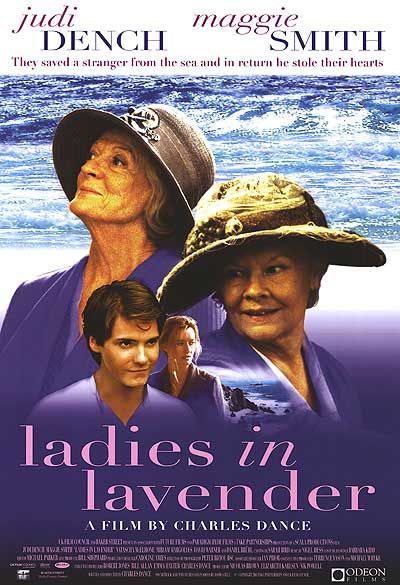
View On WordPress
#2004#Charles Dance#Clive Russell#Daniel Brühl#David Warner#Drama#Freddie Jones#Geoffrey Bayldon#Iain Marshall#John Boswall#Judi Dench#Ladies in Lavendar#Maggie Smith#Miriam Margolyes#Music#Natascha McElhone#Review#Richard Pears#Romance#Timothy Bateson#Toby Jones#William J. Locke
2 notes
·
View notes
Photo
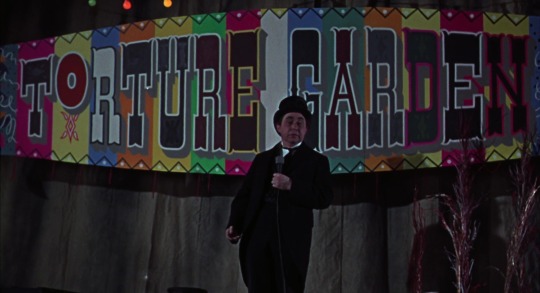
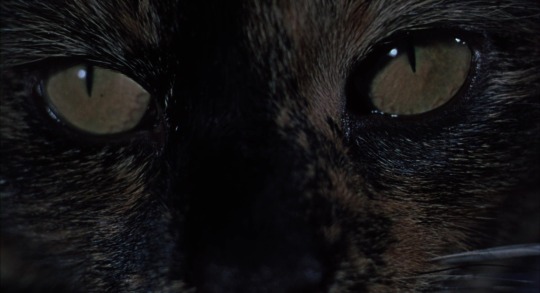
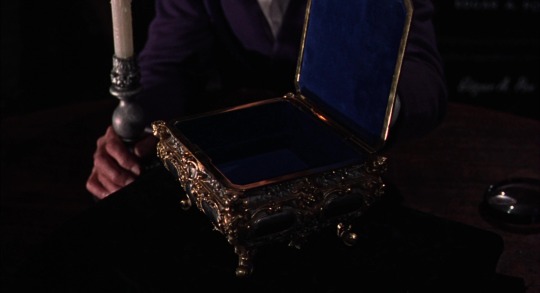
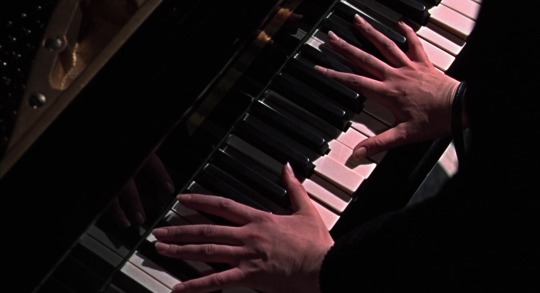
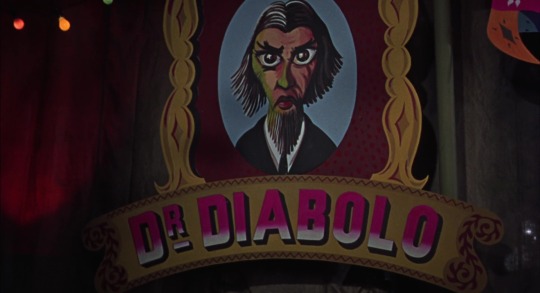
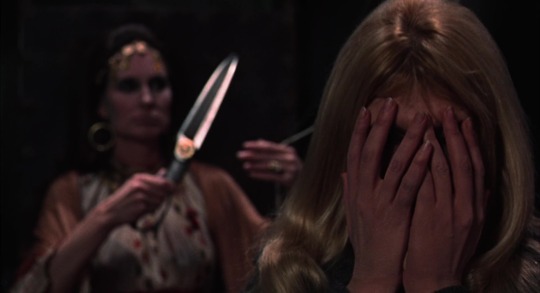
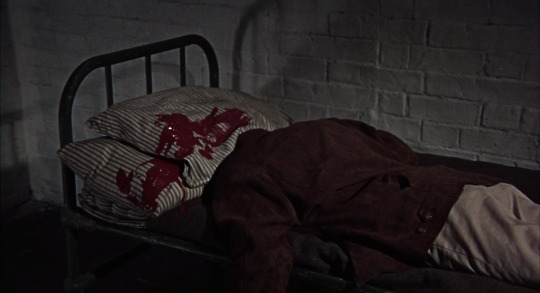
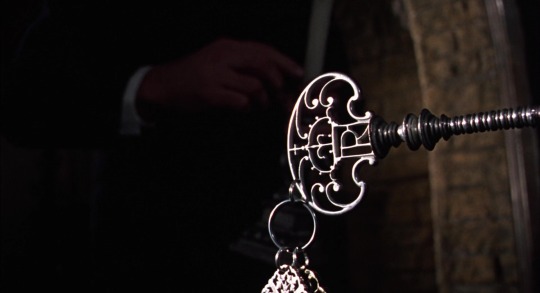
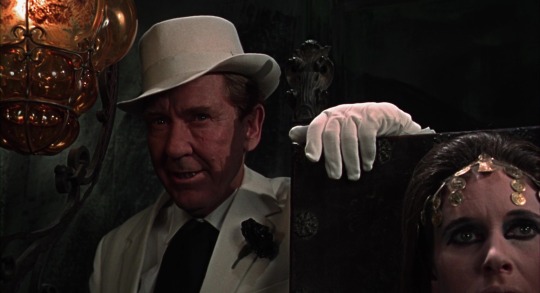
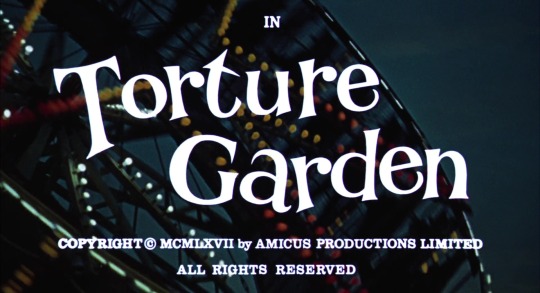
Torture Garden | Freddie Francis | 1967
53 notes
·
View notes
Photo
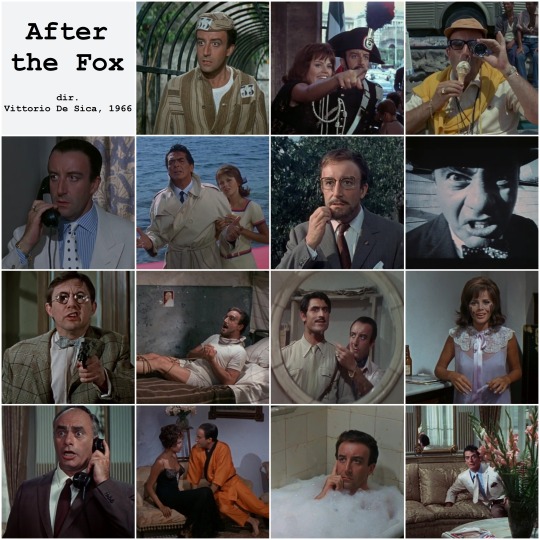
After the Fox
directed by Vittorio De Sica, 1966
#After the Fox#Vittorio De Sica#movie mosaics#Peter Sellers#Britt Ekland#Victor Mature#Martin Balsam#Timothy Bateson#Lando Buzzanca#Maria Grazia Buccella
4 notes
·
View notes
Text
Passed Away HP actors & actresses
Terence Bayler -The Bloody Baron 08/02/16
Alan Rickman - Professor Snape 01/14/16
Rik Mayal- Peeves (who never saw the light of day on screen) 06/09/14
Dave Legeno - Fenrir Greyback 07/06/14
Roger Lloyd-Pack - Barty Crouch Sr. 01/15/14
Jimmy Gardner - Ernie Prang 05/03/10
Richard Griffiths - Uncle Vernon 03/28/13
Timothy Bateson - Kreacher (5th film)-09/16/09
Peter Cartwright- Elphias Doge (5th film)-11/13/13
David Rydall- Elphias Doge (7th film)-12/25/14
Eric Skyes- Frank Byrce -07/04/12
Robert Knox - Marcus Belby 05/24/08
Richard Harris - Professor Dumbledore (Films 1&2) 10/25/02
Margery Mason - Honeydukes Express Lady (4th Film) 01/26/14
Derek Deadman - Tom, Landlord of The Leaky Cauldron (1st film) 12/22/14
Elizabeth Spriggs - The fat lady (1st film) 07/02/08
Sheila Allen - Unidentified ministry witch (4th film) 10/13/11
Christopher Whittingham - Ministry wizard (4th film) 08/08/12
Alfred Burke - Armando Dippet (2nd film) 02/16/11
John Hurt - Garrick Ollivander (1st film & DH part 1 and 2) 01-27-17
Sam Beazley - Professor Everard (Order of the Phoenix) 06-22-17
Robert Hardy - Cornelius Fudge (All movies, mentioned or seen) 08-03-17
#passed away#terence bayler#alan rickman#rik mayal#dave legeno#Roger Lloyd-Pack#jimmy gardner#Richard Griffiths#timothy bateson#peter cartwright#david ryal#erik sykes#robert knowx#richard harris#margery mason#derek deadman#Elizabeth Spriggs#sheila allen#Christopher Whittingham#alfred burke#The Bloody Baron#professor snape#peeves#fenrir greyback#barty crouch sr#ernie prang#uncle cernon#kreacher#elphias doge#frank byrce
962 notes
·
View notes
Text

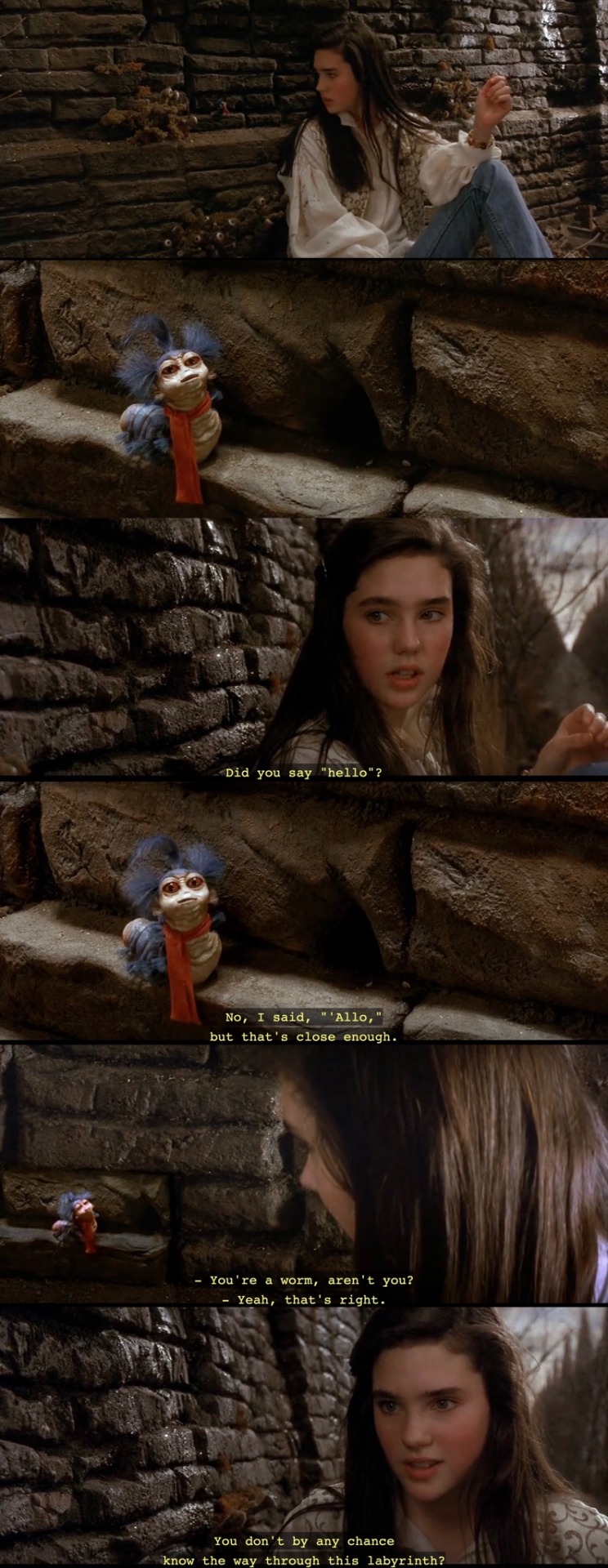
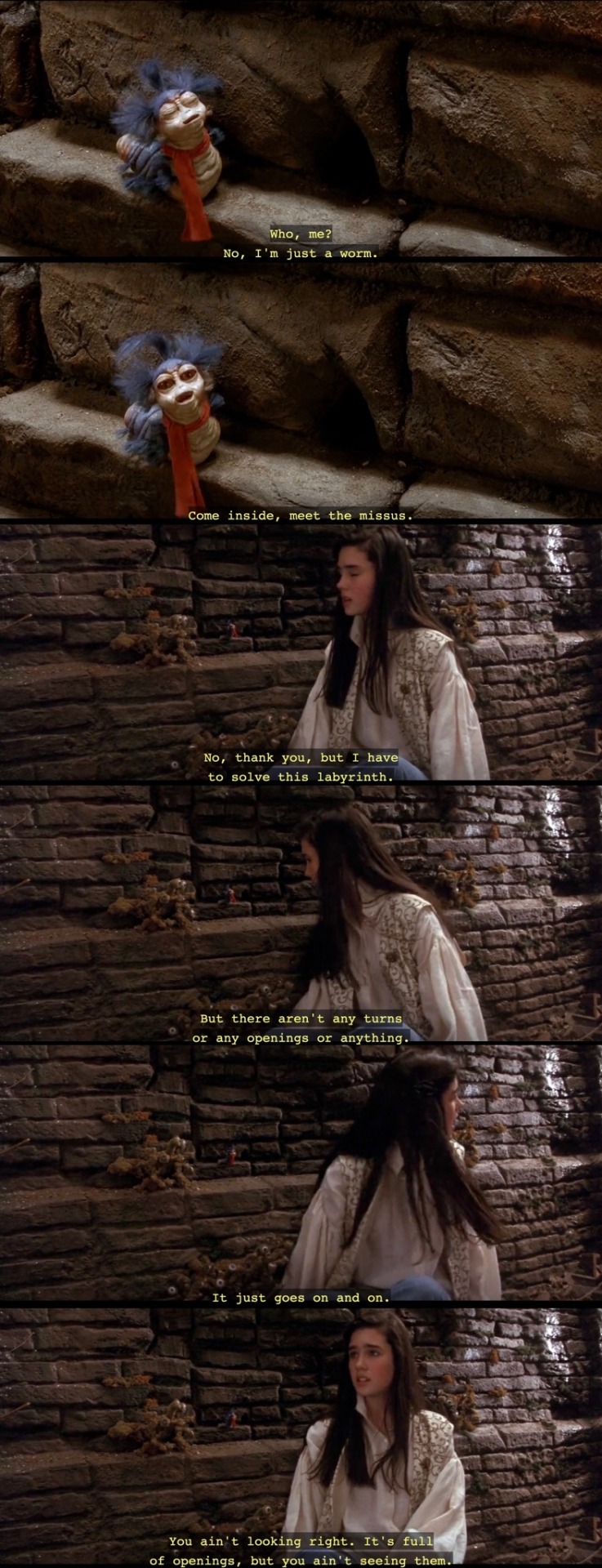


Labyrinth - 1986
#labyrinth#1986#david bowie#the worm#worm#karen prell#timothy bateson#take for granted#taking for granted#granted
7 notes
·
View notes
Text



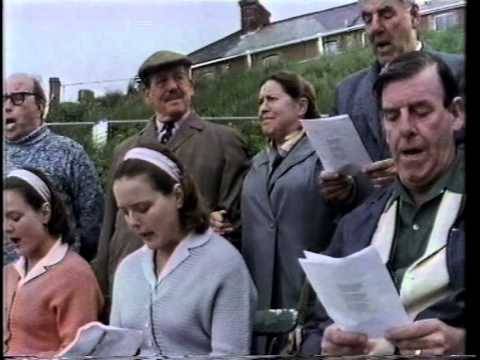
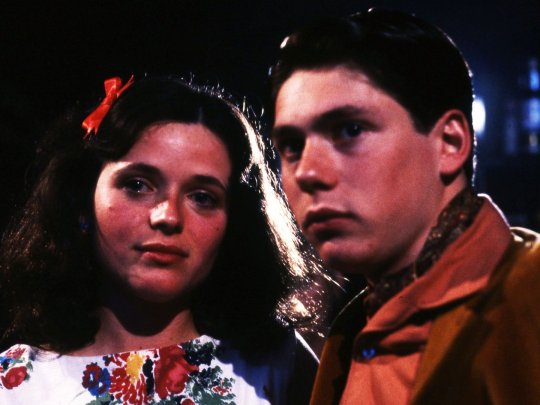
Screen Two: East of Ipswich (BBC, 1987)
"You'll be leaving us very shortly, and before boys go out into the difficult and dangerous world of senior schools, I give them what is called a 'sex talk'. I expect you've already heard boys talking about sex, have you?"
"Having babies, sir?"
"Yes. Reproduction. Good, good."
"I sort of know a bit. We've got a dog."
"Good. Good."
#screen two#east of ipswich#michael palin#single play#bbc#1987#tristram powell#john nettleton#pat heywood#edward rawle hicks#allan cuthbertson#rosemary macvie#oona kirsch#pippa hinchley#joan sanderson#graham crowden#janine duvitski#timothy bateson#john wagland#roger brierley#a gently comic‚ slight but enjoyable bit of coming of age drama from Palin (coming directly between his years as a comic performer and#actor‚ and his reinvention as the king of the travelogue at the end of the decade). fairly autobiographical in nature‚ Palin was inspired#by his own family holidays as a teenager on the English coast; in particular‚ the play apparently closely mirrors his own meeting with his#future wife Helen (who sadly passed last month). i couldn't tell you which of the girls in the story represents her however‚ nor am i#convinced Palin didn't play with the narrative to subvert expectations (the girl with whom he seems ideally suited is not the one with whom#he is finally united). a very gentle‚ subtle humour pervades: allusions to Mr Burrill's gastric issues‚ the desperate snobbishness of the#assembled guests and the blockheadedness of Duvitski's maid character. it's a far cry from some of the other work Screen Two were putting#out at this point (eg Alan Clarke's seminal Contact or Simon Gray's acidic Quatermaine's Terms) but it's cosy and quite a comforting watch#the highlight for me is the all too brief appearance by Graham Crowden as the boy's hopelessly uncomfortable headmaster delivering#a horrific sermon on sex whilst repeatedly grasping at his knee in desperation or discomfort. it's a beautifully comic bit
3 notes
·
View notes
Text
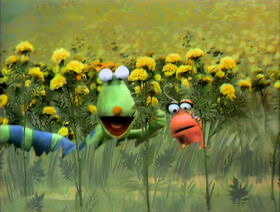
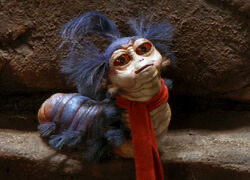
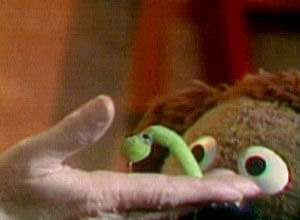
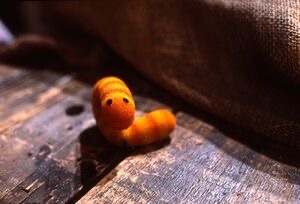
some henson worms!!
1. the inchworm, performed by jerry nelson, and the bug, performed by fran brill. sesame street episode 0168.
2. the worm, operated by karen prell and voiced by timothy bateson. labyrinth (1986).
3. the inchworm, operation credit unknown. the muppet show episode 316, danny kaye.
4. slimey the worm, operated by martin p. robinson and voiced by dick maitland. sesame street.
#feel free to do ids im just so sleepy and wanted a good henson worm post#worms#the muppets#the muppet show#sesame street#labyrinth#labyrinth (1986)#slimey the worm
1K notes
·
View notes
Text
Maaarine: bibliography 2019
Books posted on this blog in 2019 (other years: #biblioindex)
Margaret ARCHER and Pierpaolo DONATI (2015): The Relational Subject
Hannah ARENDT (1963): Eichmann in Jerusalem
Lundy BANCROFT (2002): Why Does He Do That? Inside the Minds of Angry and Controlling Men
Gregory BATESON (1979): Mind and Nature: A Necessary Unity
Ernst CASSIRER (1910): Substance and Function and Einstein’s Theory of Relativity
Ernst CASSIRER (1942): The Logic of the Humanities
Ernst CASSIRER (1975): An Essay on Man
Antonio DAMASIO (1994): Descartes’ Error: Emotion, Reason, and the Human Brain
Antonio DAMASIO (2003): Looking for Spinoza: Joy, Sorrow, and the Feeling Brain
Stephen DARWALL (2002): Welfare and Rational Care
Merve EMRE (2018): The Personality Brokers: The Strange History of Myers-Briggs and the Birth of Personality Testing
Ronan FARROW (2019): Catch and Kill: Lies, Spies and a Conspiracy to Protect Predators
Peter FONAGY (2002): Affect Regulation, Mentalization and the Development of the Self
Suzanne GIESER (1995): The Innermost Kernel — Depth Psychology and Quantum Physics
Françoise GILOT (1964): Life with Picasso
David GRAEBER (2011): Debt: The First 5000 Years
David GRAEBER (2018): Bullshit Jobs: A Theory
Aron GURWITSCH (1964): The Field of Consciousness
Aron GURWITSCH (1966): Studies in Phenomenology and Psychology
Hubert HERMANS and Agnieszka HERMANS-KONOPKA (2006): Dialogical Self Theory: Positioning and Counter-Positioning in a Globalizing Society
Tor HERNES (2007): Understanding Organization as Process: Theory for a Tangled World
Francis HEYLIGHEN (1990): Representation and Change
Francis HEYLIGHEN (2000): Principia Cybernetica
James HILLMAN (1975): Re-visioning Psychology
James HILLMAN (1996): The Soul’s Code
Jeremy HOLMES (1983): John Bowlby and Attachment Theory
Jeremy HOLMES (2009): Exploring in Security: Towards an Attachment-Informed Psychoanalytic Psychotherapy
William JAMES (1902): The Varieties of Religious Experience
Carl JUNG (1921): Psychological Types
Carl JUNG (1934): The Soul and Death
Carl JUNG (1951): Aion: Researches into the Phenomenology of the Self
Carl JUNG (1961): Memories, Dreams, Reflections
Jerome KAGAN and Nancy SNIDMAN (2004): The Long Shadow of Temperament
Bernardo KASTRUP (2019): The Idea of the World: A Multi-Disciplinary Argument for the Mental Nature of Reality
Eugene KELLY (1997): Structure and Diversity: Studies in the Phenomenological Philosophy of Max Scheler
Eugene KELLY (2011): Material Ethics of Value: Max Scheler and Nikolai Hartmann
Ian KERSHAW (2008): Hitler
Hugh LACEY (1999): Is Science Value-Free? Values and Scientific Understanding
George LAKOFF (1987): Women, Fire, and Dangerous Things: What Categories Reveal about the Mind
George LAKOFF (1999): Philosophy in the Flesh: The Embodied Mind and its Challenge to Western Thought
Ervin LASZLO (1963): Essential Society — An Ontological Reconstruction
Ervin LASZLO (1963): Individualism, Collectivism, and Political Power
Kate MANNE (2017): Down Girl: The Logic of Misogyny
Maurice MERLEAU-PONTY (1953): The Structure of Behavior
Robert MERTON (1948): The Self-Fulfilling Prophecy
Gerald MIDGLEY (2000): Systemic Intervention: Philosophy, Methodology, and Practice
John MINGERS (1994): Self-Producing Systems: Implications and Applications of Autopoiesis
Kevin MITCHELL (2018): Innate: How the Wiring of Our Brains Shapes Who We Are
George ORWELL (1949): Nineteen Eighty-Four
Philippe ROCHAT (2009): Others in Mind: Social Origins of Self-Consciousness
Philippe ROCHAT (2014): Origins of Possession: Owning and Sharing in Development
Sally ROONEY (2018): Normal People
Arthur SCHOPENHAUER (1819): The World as Will and Representation
Alfred SCHUTZ (1962): The Problem of Social Reality
David SHAPIRO (1981): Autonomy and Rigid Character
Timothy SNYDER (2015): Black Earth: The Holocaust as History and Warning
Dan SPERBER and Hugo MERCIER (2017): The Enigma of Reason: A New Theory of Human Understanding
Jason STANLEY (2018): How Fascism Works: The Politics of Us and Them
Keith STANOVICH (2011): Rationality and the Reflective Mind
Murray STEIN (1998): Jung’s Map of the Soul
Anthony STEVENS (2002): Archetype Revisited: An Updated Natural History of the Self
Richard TARNAS (1991): The Passion of the Western Mind: Understanding the Ideas That Have Shaped Our Worldview
Volker ULLRICH (2013): Hitler: Volume 1 — Ascent 1889-1939
Hans VAIHINGER (1913): The Philosophy of ‘As-If’: A System of the Theoretical, Practical and Religious Fictions of Mankind
Norbert WILEY (2016): Inner Speech and the Dialogical Self
A.L. WILKES (1997): Knowledge in Minds: Individual and Collective Processes in Cognition
Other years: #biblioindex
15 notes
·
View notes
Text
Variations on a Theme: "The Weird vs The Quantifiable" -- Aggregated Commentary from within the Gutenberg Galaxy
The pursuit of examining the world through philosophy, mathematics, and science tends to be seen as expanding the borders of what is known and quantified, conquering the territory of what is not yet known. In this pursuit, the investigator encounters wonder or the "weird", and what ideologically separates some philosophers and scientists from others is whether the investigator sets aside the weird as a misunderstood quirk of what is not yet known but still knowable, or the investigator takes into account the weird as a fundamental, permanent attribute of the landscape of inquiry that may perhaps always represent factors which intrinsically and inescapably evade knowledge and literary explanation, not as a bug of our understanding but as a feature of the true ontological state of affairs. The former mindset supposes that with more time and rigor, our inquiry will finally arrive at a sort of epistemological/ontological "bedrock" that dispels any sense of the bizarre, the latter treats scientific inquiry itself as necessitating the injection of a sort of subjective poetry or play to adequately do justice to the full reality of what is observed and described for our purposes, without ever expecting that we will hit such bedrock. Materialism/scientism perhaps would posit that any inclusion of the mystical or poetic in the language we use to describe the world is inappropriate, pseudo-scientific, pseudo-intellectual, or maladaptive; the mystic posits conversely that to exclude the poetic and not make room for the weird is maladaptive.
I have here a collection of excerpts from other thinkers that I think work together to allude to the mystical as a permanent fixture of our endeavors for clarification through experimentation and language, or at least suggest that a more "mystical" mindset will always be more useful than one that is conversely more in the vein of materialism/scientism trying to arrive at a "final technical vocabulary":
-------------------------------------
“We say the map is different from the territory. But what is the territory? Operationally, somebody went out with a retina or a measuring stick and made representations which were then put on paper. What is on the paper map is a representation of what was in the retinal representation of the man who made the map; and as you push the question back, what you find is an infinite regress, an infinite series of maps. The territory never gets in at all. […] Always, the process of representation will filter it out so that the mental world is only maps of maps, ad infinitum.” --Gregory Bateson, English anthropologist, social scientist, linguist, visual anthropologist, semiotician, and cyberneticist whose work intersected that of many other fields. His writings include Steps to an Ecology of Mind (1972) and Mind and Nature (1979). In Palo Alto, California, Bateson and colleagues developed the double-bind theory of schizophrenia. Bateson's interest in systems theory forms a thread running through his work. He was one of the original members of the core group of the Macy conferences in Cybernetics (1941- 1960), and the later set on Group Processes (1954 - 1960), where he represented the social and behavioral sciences; he was interested in the relationship of these fields to epistemology.
-------------------------------------
“The mind is somehow a co-creator in the process of reality through acts of language. Language is very, very mysterious. It is true magic. People run all over the place looking for paranormal abilities, but notice that when I speak if your internal dictionary matches my internal dictionary, that my thoughts cross through the air as an acoustical pressure wave and are reconstructed inside your cerebral cortex as your thought. Your understanding of my words. Telepathy exists; it is just that the carrier wave is small mouth noises.” --Terence McKenna, "Eros And The Eschaton". McKenna was called the "Timothy Leary of the '90s", an American ethnobotanist, mystic, psychonaut, lecturer, author, and an advocate for the responsible use of naturally occurring psychedelic plants. He spoke and wrote about a variety of subjects, including psychedelic drugs, plant-based entheogens, shamanism, metaphysics, alchemy, language, philosophy, culture, technology, environmentalism, and the theoretical origins of human consciousness.
-------------------------------------
“If quantum mechanics hasn’t profoundly shocked you, you haven’t understood it yet. Everything we call real is made of things that cannot be regarded as real.” --Niels Bohr, Danish physicist who made foundational contributions to understanding atomic structure and quantum theory, for which he received the Nobel Prize in Physics in 1922. Bohr developed the Bohr model of the atom, in which he proposed that energy levels of electrons are discrete and that the electrons revolve in stable orbits around the atomic nucleus but can jump from one energy level (or orbit) to another. Although the Bohr model has been supplanted by other models, its underlying principles remain valid. He conceived the principle of complementarity: that items could be separately analysed in terms of contradictory properties, like behaving as a wave or a stream of particles.
-------------------------------------
“We have to remember that what we observe is not nature herself, but nature exposed to our method of questioning.” --Werner Heisenberg, German theoretical physicist known for the Heisenberg uncertainty principle, which he published in 1927. Heisenberg was awarded the 1932 Nobel Prize in Physics for the creation of quantum mechanics. He also made important contributions to the theories of the hydrodynamics of turbulent flows, the atomic nucleus, ferromagnetism, cosmic rays, and subatomic particles, and he was instrumental in planning the first West German nuclear reactor at Karlsruhe.
-------------------------------------
“We have no right to assume that any physical laws exist, or if they have existed up to now, that they will continue to exist in a similar manner in the future.” --Max Planck, German theoretical physicist whose discovery of energy quanta won him the Nobel Prize in Physics in 1918. Planck made many contributions to theoretical physics, but his fame as a physicist rests primarily on his role as the originator of quantum theory; the discovery of Planck's constant enabled him to define a new universal set of physical units (such as the Planck length and the Planck mass), all based on fundamental physical constants upon which much of quantum theory is based.
-------------------------------------
“There is no such thing as philosophy-free science; there is only science whose philosophical baggage is taken on board without examination.” --Daniel Dennett, American philosopher, writer, and cognitive scientist whose research centers on the philosophy of mind, philosophy of science, and philosophy of biology, particularly as those fields relate to evolutionary biology and cognitive science. A member of the Committee for Skeptical Inquiry, he is referred to as one of the "Four Horsemen of New Atheism", along with Richard Dawkins, Sam Harris, and the late Christopher Hitchens.
-------------------------------------
“Things themselves become so burdened with attributes, signs, allusions that they finally lose their own form. Meaning is no longer read in an immediate perception, the figure no longer speaks for itself; between the knowledge which animates it and the form into which it is transposed, a gap widens. It is free for the dream.” --Michel Foucault, French philosopher, historian of ideas, social theorist, and literary critic. Foucault's theories primarily address the relationship between power and knowledge, and how they are used as a form of social control through societal institutions. His thought has influenced academics, especially those working in communication studies, anthropology, sociology, cultural studies, literary theory, feminism, and critical theory. Though often cited as a post-structuralist and postmodernist, Foucault rejected these labels.
-------------------------------------
“When the mind projects names and concepts on what is seen through direct perception, confusion and delusion result.” --Patanjali, sage in Hinduism, thought to be the author of a number of Sanskrit works. The greatest of these are the Yoga Sutras, a classical yoga text.
-------------------------------------
“The man who says that he has no illusions has at least that one.” --Joseph Conrad, Under Western Eyes (1911). Polish-British writer regarded as one of the greatest novelists to write in the English language. Conrad wrote stories and novels, many with a nautical setting, that depict trials of the human spirit in the midst of what he saw as an impassive, inscrutable universe. Heart of Darkness is among is most famous works. Conrad is considered an early modernist, though his works contain elements of 19th-century realism. His narrative style and anti-heroic characters have influenced numerous authors, and many films have been adapted from, or inspired by, his works. Numerous writers and critics have commented that Conrad's fictional works, written largely in the first two decades of the 20th century, seem to have anticipated later world events.
-------------------------------------
“I learned very early the difference between knowing the name of something and knowing something.” --Richard P. Feynman, American theoretical physicist, known for his work in the path integral formulation of quantum mechanics, the theory of quantum electrodynamics, and the physics of the superfluidity of supercooled liquid helium, as well as in particle physics for which he proposed the parton model. For contributions to the development of quantum electrodynamics, Feynman received the Nobel Prize in Physics in 1965. He assisted in the development of the atomic bomb during World War II and became known to a wide public as a member of the commission that investigated the Challenger shuttle disaster. Along with his work in theoretical physics, Feynman has been credited with pioneering the field of quantum computing and introducing the concept of nanotechnology.
-------------------------------------
“The critical ontology of ourselves has to be considered not, certainly, as a theory, a doctrine, nor even as a permanent body of knowledge that is accumulating; it has to be conceived as an attitude, an ethos, a philosophical life in which the critique of what we are is at one and the same time the historical analysis of the limits that are imposed on us and an experiment with the possibility of going beyond them.” --Michel Foucault
-------------------------------------
“In mystical literature such self-contradictory phrases as ‘dazzling obscurity,’ 'whispering silence,’ 'teeming desert,’ are continually met with. They prove that not conceptual speech, but music rather, is the element through which we are best spoken to by mystical truth. Many mystical scriptures are indeed little more than musical compositions. “He who would hear the voice of Nada, 'the Soundless Sound,’ and comprehend it, he has to learn the nature of Dharana…. When to himself his form appears unreal, as do on waking all the forms he sees in dreams, when he has ceased to hear the many, he may discern the ONE—the inner sound which kills the outer…. For then the soul will hear, and will remember. And then to the inner ear will speak THE VOICE OF THE SILENCE…. And now thy SELF is lost in SELF, THYSELF unto THYSELF, merged in that SELF from which thou first didst radiate.… Behold! thou hast become the Light, thou hast become the Sound, thou art thy Master and thy God. Thou art THYSELF the object of thy search: the VOICE unbroken, that resounds throughout eternities, exempt from change, from sin exempt, the seven sounds in one, the VOICE OF THE SILENCE. Om tat Sat.” (H.P. Blavatsky, The Voice of the Silence). These words, if they do not awaken laughter as you receive them, probably stir chords within you which music and language touch in common. Music gives us ontological messages which non-musical criticism is unable to contradict, though it may laugh at our foolishness in minding them. There is a verge of the mind which these things haunt; and whispers therefrom mingle with the operations of our understanding, even as the waters of the infinite ocean send their waves to break among the pebbles that lie upon our shores.” --William James, Varieties of Religious Experience. American philosopher and psychologist, and the first educator to offer a psychology course in the United States. James was a leading thinker of the late nineteenth century, one of the most influential U.S. philosophers, and has been labeled the "Father of American psychology". Along with Charles Sanders Peirce, James established the philosophical school known as pragmatism. James also developed the philosophical perspective known as radical empiricism. James' work has influenced intellectuals such as Émile Durkheim, W. E. B. Du Bois, Edmund Husserl, Bertrand Russell, Ludwig Wittgenstein, Hilary Putnam, and Richard Rorty, as well as former US President Jimmy Carter.
-------------------------------------
“Metaphysical assertions, however, are statements of the psyche, and are therefore psychological. … Whenever the Westerner hears the word ‘psychological’, it always sounds to him like ‘only psychological.’” --Carl Jung, “Psyche and Symbol”. Swiss psychiatrist and psychoanalyst who founded analytical psychology. Jung's work was influential in the fields of psychiatry, anthropology, archaeology, literature, philosophy, and religious studies. Jung worked as a research scientist at the famous Burghölzli hospital, during which time he came to the attention of Sigmund Freud, the founder of psychoanalysis. The two men conducted a lengthy correspondence and collaborated, for a while, on a joint vision of human psychology. Among the central concepts of analytical psychology is individuation—the lifelong psychological process of differentiation of the self out of each individual's conscious and unconscious elements, a process which Jung considered to be the main task of human development. He created some of the best known psychological concepts, including synchronicity, archetypal phenomena, the collective unconscious, the psychological complex, and extraversion and introversion.
-------------------------------------
“God is a psychic fact of immediate experience, otherwise there would never have been any talk of God. The fact is valid in itself, requiring no non-psychological proof and inaccessible to any form of non-psychological criticism. It can be the most immediate and hence the most real of experiences, which can be neither ridiculed nor disproved.” --Carl Jung
-------------------------------------
“Daniel C. Dennett defines religions at the beginning of his Breaking the Spell as ‘social systems whose participants avow belief in a supernatural agent or agents whose approval is to be sought,’ which as far as Christianity goes is rather like beginning a history of the potato by defining it as a rare species of rattlesnake…. He also commits the blunder of believing that religion is a botched attempt to explain the world, which is like seeing ballet as a botched attempt to run for a bus.” --Terry Eagleton, Reason, Faith, and Revolution. British literary theorist, critic, and public intellectual, Eagleton has published over forty books, but remains best known for Literary Theory: An Introduction (1983). The work elucidated the emerging literary theory of the period, as well as arguing that all literary theory is necessarily political.
11 notes
·
View notes
Note
In this case which actor do you think could play 47?
I’m really not sure, but I’m open to suggestions!
In my opinion, it would have to be someone tall, who looks strong, and who has the right facial bone structure (while also managing to look right bald). Not easy!
Timothy Olyphant looked good bald, and looked strong, but he has soft features so I didn’t really buy him as 47.
Rupert Friend has a weird head (sorry dude) so he didn’t look right bald, and he does not look strong at all (he barely filled out his suit).
A completely clean-shaven Luke Goss would be good (and he was awesome in Interview With A Hitman). Obviously a young David Bateson would be perfection.
7 notes
·
View notes